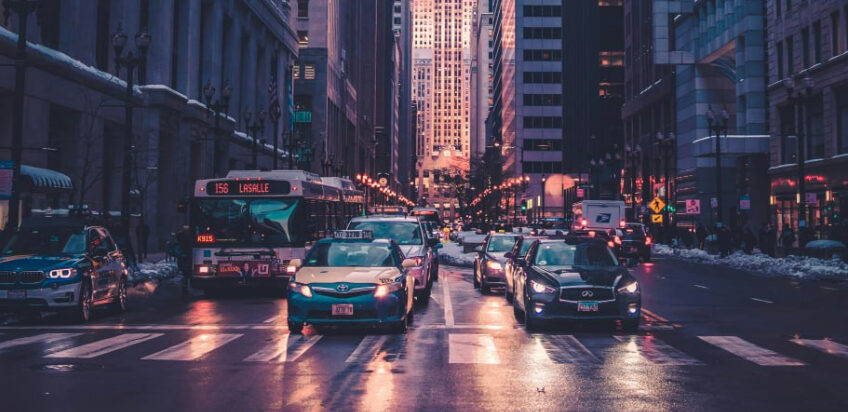Driving without insurance is not only irresponsible—it’s illegal. In New Jersey, the law requires all motorists to carry a minimum level of auto insurance. Failing to comply with these regulations can lead to severe consequences that go beyond mere fines. Here’s what every New Jersey motorist needs to understand about the risks and ramifications of driving uninsured.
Legal Penalties
The state of New Jersey takes uninsured driving very seriously. If you’re caught driving without insurance, the immediate penalties can be harsh. For a first offense, you could face a fine of $300 to $1,000, community service, and a license suspension for up to one year. Subsequent offenses can result in even steeper fines, longer license suspensions, and the possibility of imprisonment.
Financial Consequences
Beyond legal penalties, driving without insurance exposes you to significant financial risk. If you’re involved in an accident and found to be at fault, you are personally liable for all damages. This could include medical bills for injuries sustained in the crash, as well as compensation for property damage. Without insurance, these costs must come out of pocket, potentially amounting to tens or even hundreds of thousands of dollars.
Surcharge and Insurance Rate Impacts
Getting caught driving without insurance can also lead to long-term costs beyond initial fines and penalties. New Jersey imposes a mandatory insurance surcharge for uninsured drivers, which can be as high as $250 per year for three years. Additionally, once you decide to purchase insurance after being uninsured, insurance companies may view you as a high-risk driver, leading to significantly higher insurance rates.
Loss of Driving Privileges
The suspension of your driver’s license is a direct impact of being caught driving uninsured. Losing the ability to drive can severely impact your daily life, affecting your ability to commute to work, transport family members, or manage personal errands. The reinstatement of driving privileges often involves not only serving the full term of suspension but also providing proof of insurance and paying hefty fees.
Civil Liability
If you cause an accident while driving uninsured, you open yourself up to civil litigation. The other party involved in the accident can sue you for damages, which can lead to a court mandating the seizure of your assets or garnishment of your wages to satisfy any judgments against you.
Conclusion
The risks of driving uninsured in New Jersey are substantial and multifaceted. It’s not just about obeying the law; it’s about protecting yourself, your finances, and your future from the severe consequences of a potential accident. The best strategy is to ensure that you are adequately insured according to state laws, thereby safeguarding against these significant risks and contributing to safer roadways for everyone.
For motorists in New Jersey, understanding and adhering to insurance requirements is not just a legal duty but a critical component of responsible driving. Remember, the costs of insurance are far less than the potential losses from driving uninsured.
